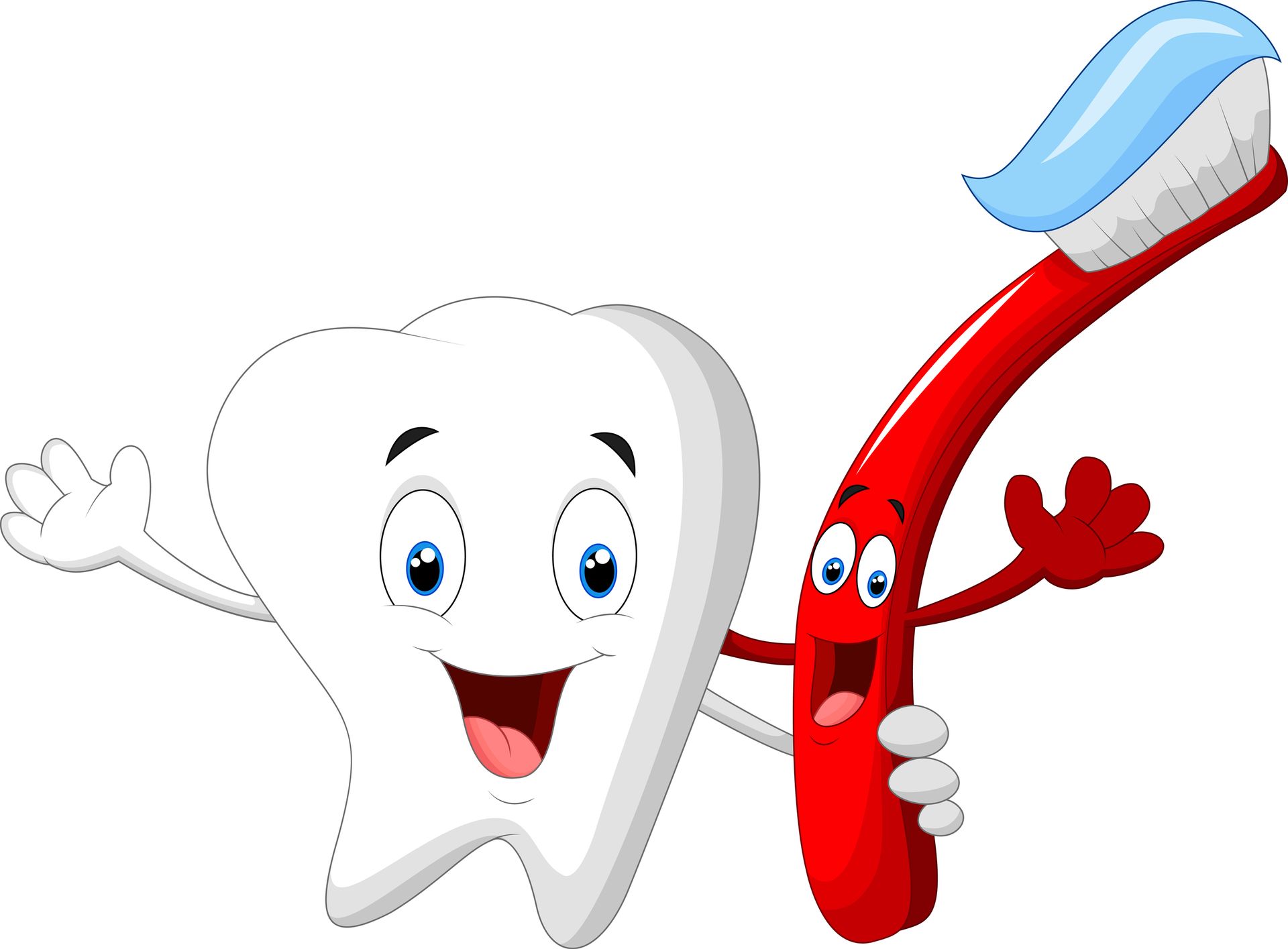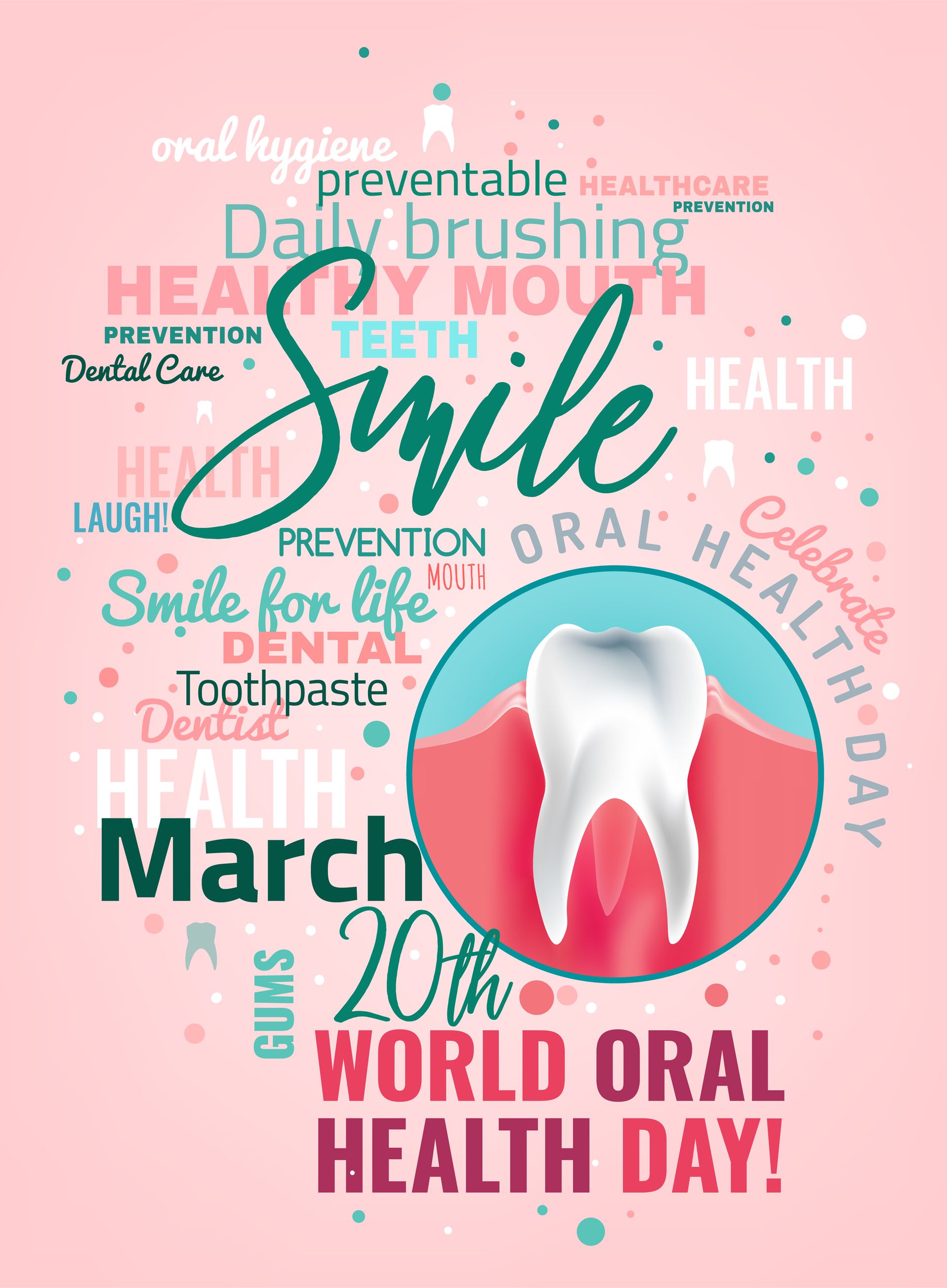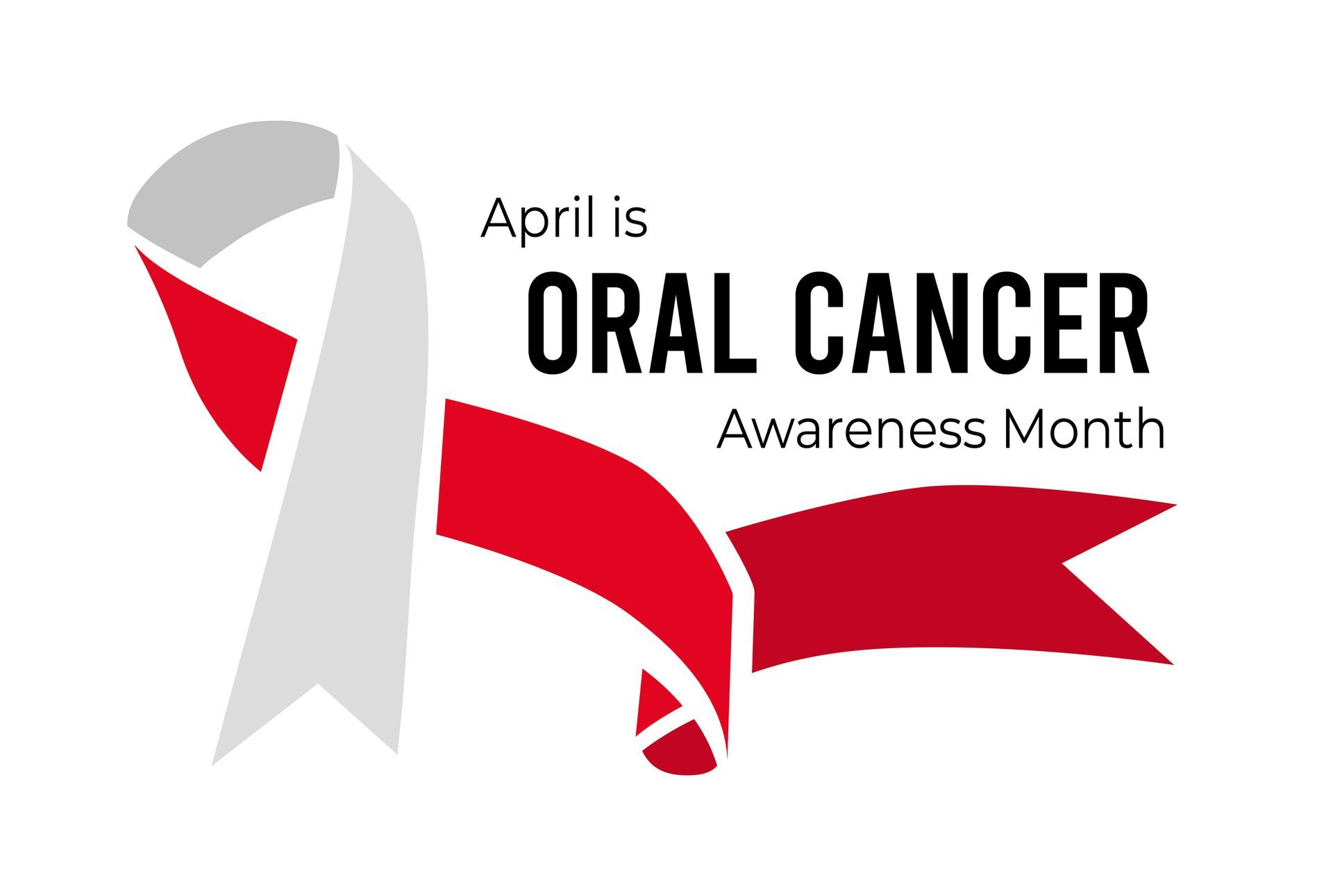A Global Commitment to Dental Wellness: The Impact of World Oral Health Day
World Oral Health Day, celebrated every year on the 20th of March, serves as a global observance to highlight the importance of oral health for a general well-being and its significance in every person’s life. The day aims to inspire international, national, and local initiatives that increase awareness about oral health, emphasize the importance of maintaining good oral hygiene practices, and facilitate the development of policies that address oral health issues. This comprehensive article delves into the origins of World Oral Health Day, its themes and objectives, the significance of oral health, and practical tips for maintaining good oral health.

Origins and Purpose
World Oral Health Day was established by the FDI World Dental Federation, a prominent organization representing over one million dentists worldwide. The date, March 20, was chosen for its symbolism: seniors must have a total of 20 natural teeth at the end of their life to be considered healthy, children should possess 20 baby teeth, and adults should have a total of 32 teeth and 0 dental cavities, reflecting the numerology of the date itself (3/20).
The primary goal of World Oral Health Day is to turn the spotlight on oral health, emphasizing its impact on overall health and wellbeing. It encourages governments, health associations, and the public to work together to achieve healthier mouths and happier lives.
Annual Themes and Objectives
Each year, World Oral Health Day is celebrated with a specific theme aimed at addressing different aspects of oral health. For example, past themes have focused on linking oral health to general health, the importance of oral health in the aging population, and the impact of oral diseases on the young and the old alike. These themes serve as a call to action to raise public awareness, encourage good oral hygiene practices, and advocate for policy change to improve oral health access globally.
The Significance of Oral Health
Oral health is fundamental to overall health, quality of life, and well-being. Poor oral hygiene can lead to dental cavities, gum diseases, and bad breath, affecting a person’s ability to eat, speak, and socialize without discomfort or embarrassment. Moreover, there is growing evidence linking poor oral health to serious health conditions, including cardiovascular disease, diabetes, respiratory infections, and complications during pregnancy. Thus, maintaining oral health is essential for maintaining overall health and quality of life.

Maintaining Good Oral Health: Practical Tips
Maintaining good oral hygiene is crucial for keeping teeth and gums healthy. Here are some practical tips to maintain good oral health:
1.
Brushing and Flossing: Brush your teeth at least twice a day with fluoride toothpaste and floss daily to remove plaque and food particles from between the teeth and under the gum line.
2. Regular Dental Check-ups: Visit your dentist regularly for check-ups and professional cleanings to prevent oral health problems or address them early.
3. Healthy Diet: Limit sugar intake and eat a balanced diet rich in fruits, vegetables, and whole grains to help protect against tooth decay and gum disease.
4. Avoid Tobacco: Quit smoking or using tobacco products, as they are major risk factors for gum disease and oral cancer.
5. Use of Mouthguards: Wear a mouthguard when participating in sports or recreational activities that could cause injury to the mouth.
Conclusion
World Oral Health Day plays a crucial role in promoting global awareness about the importance of oral health and the need for comprehensive health policies that include oral health care. By adopting good oral hygiene practices, making informed lifestyle choices, and seeking regular dental care, individuals can significantly contribute to their overall health and well-being. Let’s embrace the spirit of World Oral Health Day to ensure that oral health is recognized as a fundamental component of general health and quality of life around the world.




